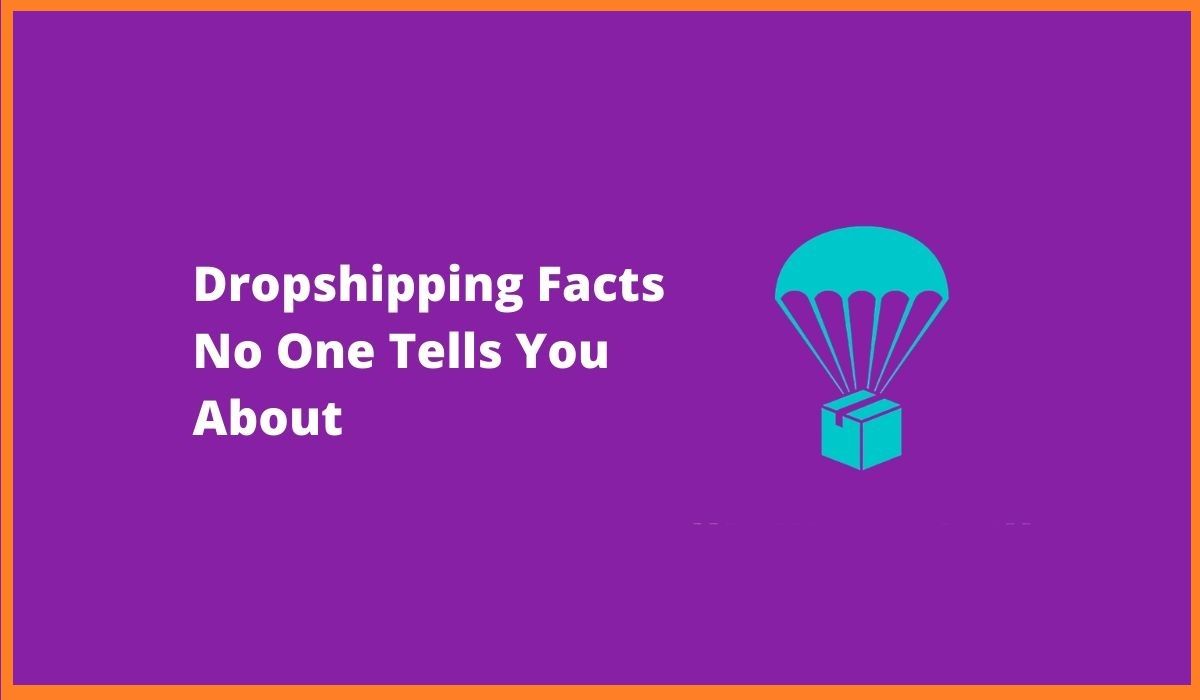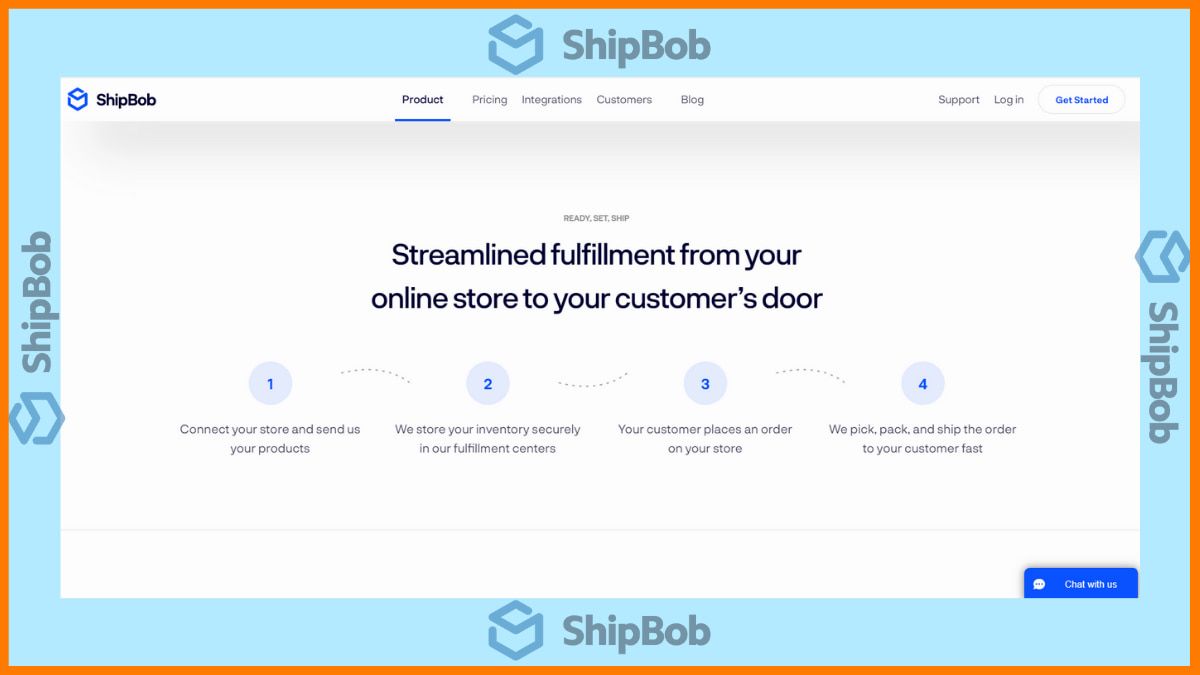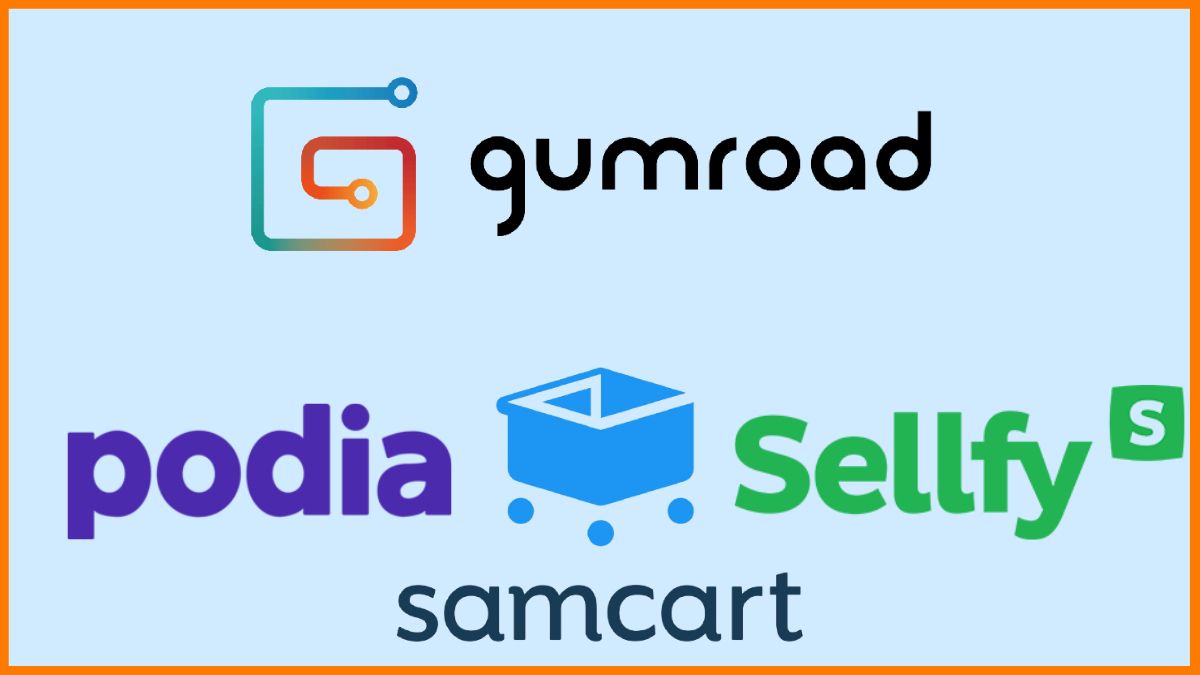Dropshipping in a country like India is gaining popularity with each passing day. The unmistakable profit potential of dropshipping is tempting people to delve into it. In recent times, numerous companies have been established to meet the requirements of various resellers.
If a person owns a dropshipping store, he gets deals from some prominent companies, thereby negotiating a reasonable sum of money for their service. Dropshippers can deal with various niches and types of products according to your or the needs of resellers. According to a survey, the dropshipping business in India will grow at a rate of 10% every year.
What is Dropshipping?
Benefits of Dropshipping
Top Wholesale Dropshipping Companies in India
What is Dropshipping?
Dropshipping is a form of e-commerce business in which you sell products that you never use. You only purchase these items at wholesale cost after your customer has already paid you at retail cost. You don’t have to worry about fulfillment or inventory issues at all.
Dropshipping companies are divided into two categories. Companies that connect producers and retailers, such as you, are first-class companies, while companies dealing in various products are second-class. Some of these companies may choose to concentrate on a particular niche like phones, laptops, leggings, jewelry, laptops, and other accessories.
The dropshipping market size in India is growing rapidly. In 2024, it was valued at around USD 10.8–20.8 billion and is expected to reach USD 67–102 billion by 2030–2033, growing at a CAGR of 22–26%. Fashion is the largest segment, while food and personal care are growing fastest. This growth is driven by rising internet use, smartphones, e-commerce platforms, low investment needs, and supportive digital policies, making it a promising opportunity for entrepreneurs.
Benefits of Dropshipping

Dropshipping offers several benefits to online retailers:
- Low startup costs
- Convenience and efficiency
- Eradication of up-front inventory
- Mobility in running a dropshipping website
- Wider product selection
- No shipping
middle man. The store does not keeps stocks of products, but transfers the
orders of their customers to a wholesaler, the manufacturer of the product or
another retailer and the order is shipped directly to the customer…

Top Wholesale Dropshipping Companies in India
| S. No. | Company | Key Focus | Headquarters / Origin |
|---|---|---|---|
| 1 | IndiaMart | Largest B2B marketplace for wholesale & dropshipping | Noida, India |
| 2 | TradeIndia | B2B platform for suppliers, exporters, and wholesalers | New Delhi, India |
| 3 | ExportersIndia | Online directory for exporters, suppliers, and buyers | New Delhi, India |
| 4 | BaapStore | Ready-made dropshipping store solutions | India |
| 5 | Cokoon | Fashion & apparel dropshipping | India |
| 6 | Jim Trade | Product directory for B2B & wholesale trade | India |
| 7 | Hothaat | Lifestyle & fashion product dropshipping | India |
| 8 | WebdealIndia | Electronics & general dropshipping supplier | India |
| 9 | Snazzyway | Women’s fashion & lingerie dropshipping | India |
| 10 | Shopify | Global e-commerce & dropshipping platform | Canada |
| 11 | Wholesalebox | Wholesale fashion & lifestyle B2B platform | Jaipur, India |
| 12 | SaleHoo | Global dropshipping supplier directory | New Zealand |
| 13 | Meesho | Social commerce & reselling platform | Bengaluru, India |
| 14 | Seasonsway | Clothing & fashion dropshipping | India |
| 15 | Modalyst | Global dropshipping for fashion & lifestyle | USA |
IndiaMart
Indiamart is undoubtedly the best company that allows suppliers to connect with retailers. It lets consumers negotiate directly with the wholesalers. After signing up on their site, you can have access to wholesale suppliers of different products like furniture, food, jewelry, etc. IndiaMart acts as a platform connecting businesses with potential drop-shippers rather than being a single drop-shipper itself. In addition to this, it is the topmost Indian drugstore drop shipper.
TradeIndia
TradeIndia was established in 1996 as a B2B company which helps retailers to connect to wholesalers. This company has done very well, especially in ensuring that dropshippers have access to trusted suppliers. There are lots of suppliers in its database to meet your dropshipping needs. The best part is that it is free to join. Instead of offering its own products, TradeIndia hosts suppliers and manufacturers who handle inventory and shipping while you, the retailer, focus on marketing and sales. They offer a variety of services ranging from general merchandise to pharmaceuticals, with prices varying depending on the product and provider.

ExportersIndia
As the name itself implies, ExportersIndia is a B2B portal where Indian suppliers and manufacturers are connected with resellers from all over the world. Due to the support it has provided to the resellers, this company has received lots of positive reviews over the years. As a reseller, there are lots of benefits to registering with a company like this since it is completely dedicated to dropshipping. The directory enables retailers to access top brands like ACE, MIRAJ, PARAG, and so on.
BaapStore
Baapstore
Another company dedicated to dropshipping is Baapstore. It is one of the first sets of websites for dropshipping, founded some years ago in India. It is a platform to access various types of products that you can take advantage of.
Baapstore constantly continues to upgrade its services to ensure the best experience for resellers. For example, they have joined forces with leading brands like Speed Post, Aramax, Ecom Express, FedEx, and Delhivery. These partnerships allowed them to deliver items promptly. They also protect customers when products are not compliant with the required standard.
Cokoon
Cokoon (Previously Coorgle Dropshipping) is one of the best-automated platforms problems in India, which works in the sector of wholesale dropshipping. The UI of the portal is simple, which allows people to access it quickly and without facing any issues. You can use this if you are into this business for the first time and do not want to face any problems. Retailers who do not like the name of wholesalers everywhere on the product can access this portal and get products without any wholesaler trademark. The company has also acquired Bluember to expand its portfolio and cater to a larger audience. Hence, Cokoon is considered one of the best sites for retailers.
all those who are now sitting at home. It is one of the best opportunities to
make money online with your own social media account. One of the fastest ways to
market is to use Facebook ads manager for dropshipping busine…

Jim Trade
JimTrade, like TradeIndia, is a B2B portal connecting dropshippers with the best dropshipping suppliers in India. Since its foundation, JimTrade has aimed to broaden the exposure of dropshippers to a vast array of products, providing access to thousands of Indian manufacturing products. It operates as an online directory where manufacturers, exporters, and traders can showcase their offerings to potential buyers, both domestic and international. If you have a fondness for Indian products, exploring this website is a must to discover the best dropshipping suppliers in India.
Hothaat
Hothaat, an Indian dropshipping company established in 2012, is among the modern dropshipping outfits in India. It has successfully integrated top features into its website to empower Indian dropshipping suppliers, enabling them to maximize their earnings from marketing endeavors.
Hothaat is a different company from the others stated above. Also, it is always in search of new and innovative products that dropshippers can sell. A major advantage of working with this company is the support it gives. It ensures that dropshippers don’t have any problem selling products from its platform.
investments and capital of starting the business, guess what now you can own
your own e-commerce store and be the boss of your business. What if I told you you can start your own e-commerce business with low
investment a…

WebdealIndia
Webdealindia functions as one of the best Indian dropshipping companies, operating as an online wholesale marketplace. This implies that manufacturers from India and other countries around the world can display their products. This website has been known over the years to give dropshippers access to premium companies all over the world. It is a website that is very easy to navigate as you can browse by category. It also enables dropshippers to know when manufacturers introduce new products into the market.

Snazzyway
Snazzyway Dropshipping, one of the leading dropshipping providers in India, specializes in offering lingerie to dropshippers. You gain access to high-quality bras, panties, bikinis, and more. Over the years, this website has perfected its niche, ensuring that only top-tier fashion lingerie is accessible to dropshippers. With a commitment to offering only the highest standard of fashion lingerie, Snazzyway has become a trusted choice for those in the dropshipping business, ensuring both quality and style.
Shopify
Shopify, a leading marketplace, enables you to host and resell products on your eCommerce site. Oberlo, its dropshipping feature, eliminates upfront inventory costs. Shopify stands out for its transparency, profit potential, and excellent support for any delivery issues. It provides a user-friendly platform to manage various sellers and set prices for your products effortlessly.
Wholesalebox
WholesaleBox is an Indian B2B platform catering specifically to dropshippers and small retailers. They focus on providing fast-selling products across various categories like clothing, homeware, and accessories, all sourced directly from factories at competitive prices. Their dropshipping model eliminates the need for retailers to hold inventory, as WholesaleBox handles storage, packaging, and shipping once a customer order is placed. This allows businesses to start with minimal investment and scale up quickly. Additionally, WholesaleBox offers credit facilities, website creation tools, and dedicated customer support, making it a comprehensive solution for aspiring entrepreneurs in India.
keep stocks of products, but transfers the orders of their customers to a
wholesaler, the manufacturer of the product or another retailer and the order is
shipped directly to the customer from them. Dropshipping has many…

SaleHoo
This key player in dropshipping has established its reputation by offering a comprehensive platform for online sellers’ success. With over 8,000 vetted wholesale and dropship suppliers, SaleHoo provides access to 1.6 million popular products at lucrative prices. Noteworthy features include 24/7 support and a supportive online seller community. Additionally, they provide free training to aid in business expansion.

Meesho
As a leading Indian social commerce platform, Meesho aims to be the go-to for dropshipping. With a mission to onboard 20 million entrepreneurs, it has been backing 2 million resellers and 20,000 manufacturers across 500 towns since its 2015 inception. They typically charge a 10-15% commission on each sale, prioritize an anti-counterfeit policy, and deactivate seller accounts violating their policies. Plus, they provide robust customer support and regular training sessions for sellers’ success.

Seasonsway
Seasonsway, a highly dependable dropshipping company, stands out by collaborating with some of the world’s leading brands. With Seasonsway, you can buy products at affordable rates and have the flexibility to set your own selling prices. The company offers comprehensive support, taking care of the entire process from storage to packaging and shipping. This means you only need to focus on taking orders from your customers while Seasonsway handles the logistical aspects. In essence, Seasonsway takes away the stress of investing in and storing inventory, streamlining the entire order delivery process for your convenience.
Modalyst
Modalyst mainly sells jewelry and hair accessories, including hair extensions and clothes. Since India is famous for its gold, Modalyst becomes a perfect partner if you want to dropship jewelry in India.
It connects easily with Alibaba, BigCommerce, Wix, and Shopify. Once set up, the system automatically sets your product prices, shows your profit margin, capital cost, and final sale price.
After an order is placed, you’ll also get a tracking number that you can share with your customer to keep them updated.
FAQs
What is Dropshipping Business?
Dropshipping is an online retail business where you act as an intermediary. You don’t need to keep products in stock. When a customer orders, you buy the product from a supplier who ships it directly to the customer. You earn a profit on the difference between the selling price and the supplier’s cost.
Why is Dropshipping important?
Dropshipping is a low-investment, inventory-free business that allows you to sell anything, anywhere, anytime, and earn a passive income.
How to do dropshipping in India?
Starting a dropshipping business in India involves 5 key steps:
- Find a niche and products
- Source reliable suppliers
- Set up your online store
- Market your store
- Provide excellent customer service
Does dropshipping work in India?
Dropshipping can work in India with the right products, marketing, and reliable suppliers, but it’s not a guaranteed quick-fix or get-rich-quick scheme.
Which are the best dropshipping platforms in India?
Top dropshipping platforms in India include Shopify, Meesho, IndiaMART, WholesaleBox, and SaleHoo, each offering strengths like niche-specific products, easy store setup, or COD integration.






































































































